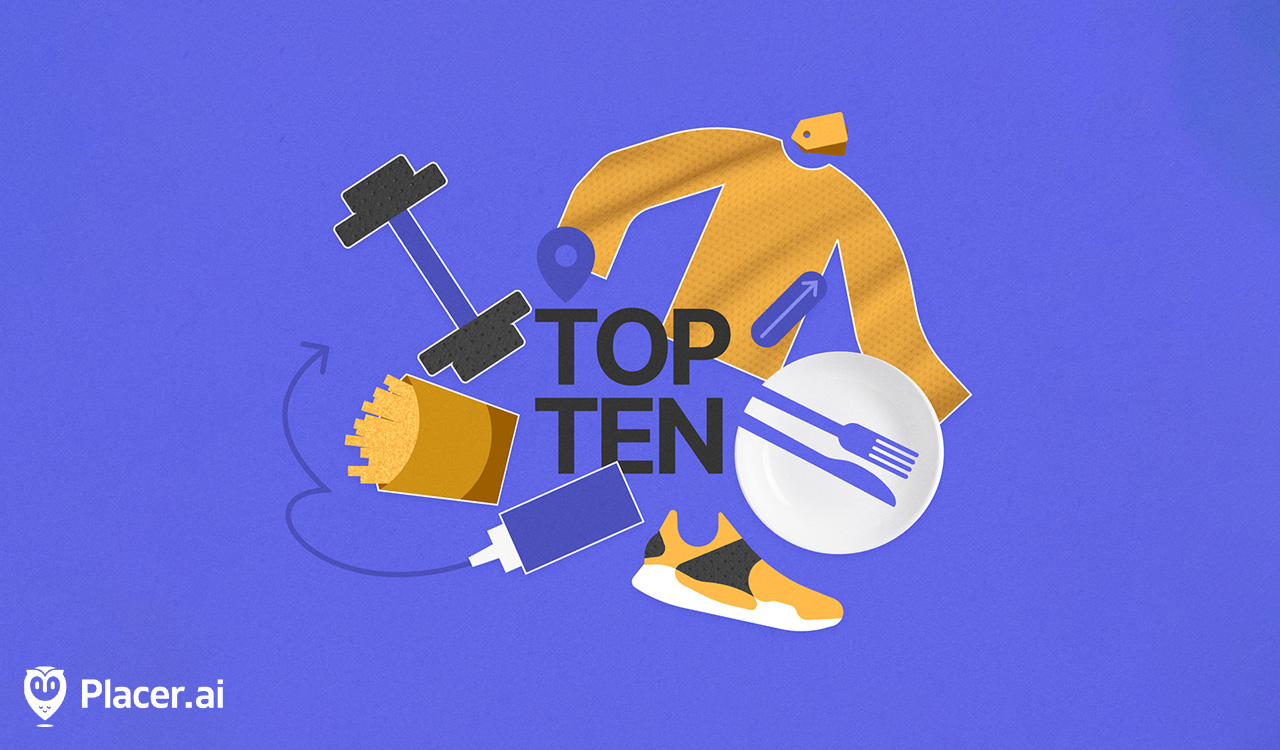After China, Indonesia is Asia’s largest digital ecosystem retail battleground, currently dominated by GoTo, Grab and Shopee. Indonesia’s 250 million consumers enjoy an advanced, vibrant ecosystem with choices of digital wallets and app-based shopping fueled by home-grown digital retailers and consumer brands. Innovative new technologies are also giving rise to new domestic digital retail experiences, many of them are tapping into fast-growing demand for sustainable, eco-friendly products and services among Indonesia’s younger digital native consumers.
Many Indonesians are turning to social media to buy products, rather than established (and formally licensed by the Ministry of Trade) ecommerce platforms. Japanese ecommerce analysts Rakuten Insight conducted a survey in March 2023 which found over 90 percent of respondents had used social media channels to purchase items in the last 12 months, and nearly 40 percent say they did so six or more times.
Digital Commerce on the Fast Track
The rapid growth of digital commerce in Indonesia has radically redefined the retail economy of the world’s fourth-largest population with over $700 billion in annual consumer spending. Over 40 percent of Indonesia’s consumers are under 25, and all sporting smartphones loaded with one or more digital wallets enabling tap-and-go transactions as well as online shopping. Think about it again: 100 million consumers are under the age of 25.
The meteoric rise of digital channels has fostered a cadre of ecommerce unicorns—such as GoTo, Indonesia’s largest internet commerce platform provider, with over $39 billion in transaction volume in 2022.
But there are concerns that Indonesia’s emerging digital retail ecosystem is fragile, and the newfound fortunes of domestic brands and producers could be undone by stronger foreign (largely regional) players. In response, the government has put into place new internet commerce regulations designed to restrict the use of international social media platforms to sell to Indonesian consumers in a bid to protect the country’s own brands and retailers. This creates a further danger because those restrictions could limit the growth of the vibrant digital economy on which Indonesian retailers depend. Catch 22 Indonesian style.
Savvy Digital Commerce Giants
Singapore-based ecommerce research firm Momentum Works estimates that Indonesia accounted for over half of Southeast Asia’s Gross Merchandise Value purchased online in 2022—nearly $52 billion. Much of that market is facilitated by digital ecosystem players, which combine last-mile food, shopping and service delivery with ride-hailing, digital wallet and microfinance services.
The development of digital wallets and mobile banking and shopping apps has also spurred one of the world’s largest financial inclusion projects. Digital wallet payment transactions surpassed cash transactions in 2022, according to Visa’s Consumer Payment Attitude Study. There are well over 300 million digital wallets in service in Indonesia, and an estimated 94 percent of consumers use them, compared to the roughly half of the adult population that have actual bank accounts. Additionally, over 30 million Indonesians use a national standard QR code-based payment system, the Quick Response Code Indonesian Standard (QRIS).
Mobile Economy
The rapid expansion of mobile money in Indonesia has triggered an expanded retail economy, which has boosted domestic brands and further fuelled the sales of international brands. Indonesia’s digital commerce ecosystem is growing alongside a broader domestic venture capital market, out of which are springing hundreds of ecommerce, green technology and social media startups.
And yet, despite this promise, Bloomberg reported that GoTo was the poorest performer of all large-scale tech IPOs in 2022; GoTo shares lost roughly 75 percent of their value within the first year following its April 2022 listing, and have languished ever since. What’s going on here? GoTo’s initial poor stock performance has been in part blamed on investor concern over the company’s high-cost structure—not only its tremendous sales and marketing expenses needed to acquire and retain customers, but also its generous compensation packages, particularly for management (GoTo’s total management costs in 2022 were reported to be the $516.5 million, while its net losses were $1.3 billion). Many other Indonesian online marketplace players, such as PT Bukalapak.com have shared similar fates. While they have garnered consumers in the millions, Indonesia’s e-tailers are still largely underwater. GoTo reported some $59 million in losses for the third quarter of 2023 which, while encouragingly only a quarter of the losses suffered a year ago, was only achieved with significant cost-cutting which, though surely pleasing for pleasing for investors, is not ideal for a local player in growth mode still struggling to defend its market share.
The precarious progress of Indonesia’s digital domestic champions has begun to reawaken its government’s traditionally protectionist instincts. In recent months, it has passed a law which curtails ecommerce sales over foreign social media platforms such as Facebook and TikTok. This is seen as necessary protection of a fragile local industry–but will these guardrails succeed against emerging global best practices?
Digital Drives Innovation Around Sustainability
Okki Soebagio, head of the Bali Investor Club, is one of a growing cohort of technology-oriented venture capitalists who feel Indonesia’s ecommerce space creates opportunities for cleaner, greener retail businesses. The Bali Investor Club is an impact-oriented venture capital group that invests in Indonesian technology and commerce businesses that support environmental or social objectives as well as commercial goals. “We have actively and carefully vetted more than 250+ impact startup initiatives since 2021. We have proudly invested in five impact startups so far (BukaPO, Indosole, Rekosistem, Robries and Magalarva).
“One of the Club’s first stakes was in BukaPO, an app-based food delivery service begun in Bali during the pandemic when many professional chefs from the island’s tourism sector were locked down at home. It now has a network of over 3,000 cooks and chefs, mostly home-based micropreneurs making traditional cuisine for extra income. Buka Payo generated $4.2 million in revenue last year, which Soebagio attributes to the rapid normalization of app-based commerce in the average Indonesians’ lifestyle that has endured after the lockdowns stopped. “The average Indonesian family orders their meals about 30 percent of the time. GoTo’s biggest revenue earner is GoFood (its food pick-up and delivery business). SuperApps are part of our lives. My daughter goes to school and back using apps, we order food in, you can use GoClean for maid services—there is also GoMassage!”
Another Bali Investor Club investment is IndoSole, a Bali-based footwear brand that sells high-end sandals made out of recycled Indonesian tires globally, primarily in beach and surf communities. Soebagio says the goal now is to capitalize on its successful green fashion brand; Indosole is expanding into new designs, as well as link-ups with other global brands looking to burnish their own sustainability credentials: “We’ve set up a collaboration with Kawasaki Puccetti Racing, to launch IndoSole Kawasaki addition, creating sandals with the team’s used superbike tires,” he adds.
Indonesian consumers’ growing interest in sustainable living, combined with their app-based lifestyle, has also served as a catalyst for Nafas, a Jakarta-based air quality monitoring service that develops and sells a line of home sensors and purification devices. CEO Nathan Roestandy reckons Nafas has installed the country’s largest network of air quality sensors across 15 cities, with 200 across Jakarta alone. Consumers can access real-time data on airborne particulates via apps, a digital service that also drives awareness for Nafas’ home and office monitoring and purification services.
“We’re not selling devices–we\’re selling healthier air quality,” Roestandy explains. Nafas’ modular purification devices and the network infrastructure and analytics which connect them are sold to homeowners and businesses as a subscription service based on the square meterage covered, for as little as $30 per month. This cloud-based offering is, he believes, gaining traction because of “Indonesia’s younger demographic—these are the consumers that are more aware of liveability issues, and more willing to use apps which allow them to build their knowledge about health and sustainability issues faster.” Roestandy believes that Nafas’ longer-term play is to “eventually connect other company’s devices to our platform,” such as in-building appliances as air conditioning or smart home controllers, or wearable fitness devices to become “a wellness operating system.” He points out that most health and wellness consumer offerings, from exercise to nutrition or air quality, “are all categories enabled by apps and mobile devices, and when we build this at scale we can offer a ‘health fingerprint’” which will allow Indonesian consumers to track and manage all these indicators.
Digital Native Next Gens Go Social
Indonesia’s large emerging market, filled with aspirational, digitally native shoppers, has become an attractive market for global FMCG, fashion and other retail brands. Unilever has seen its Indonesian revenue grow some 67 percent over the last decade, to over 13.9 trillion rupiah ($908 million) in 2022 sales.
Many Indonesians are turning to social media to buy products, rather than established (and formally licensed by the Ministry of Trade) ecommerce platforms. Japanese ecommerce analysts Rakuten Insight conducted a survey in March 2023 which found over 90 percent of respondents had used social media channels to purchase items in the last 12 months, and nearly 40 percent say they did so six or more times. Most social media sales are predominately Chinese or other imported products sold in small amounts over local TikTok or Facebook accounts, a trend that concerns regulators. In response, the trade ministry passed Regulation 31 in late September, which prohibits social media companies from facilitating payment transactions, or formally acting as a sales platform.
Guardrails or Overprotection?
The social media regulation is proving controversial: Is it a useful guardrail, or a drag on momentum? “I think many in Indonesia’s retail space still don’t really know what ecommerce will become, or what domestic internet players can do to remain competitive,” says Avi Hazuria, a Jakarta-based marketing and communications strategist. “There is a strong feeling that the government should give domestic players some breathing room while they find their feet.”
Indeed, there are some indications that the government’s protective instincts are warranted. Singapore-based SuperApp Grab, for instance, has been gaining market share of GoTo (then Gojek’s) ride-hailing delivery business when it entered Indonesia. That said, the Indonesian incumbent has successfully fought back Grab to maintain a 50 percent market share and routinely emerges as a preferred brand in consumer satisfaction polls.
There are also other signs which suggest Indonesian brands are resilient and competitive, both at home and abroad. FMCG giants such as Wings and Indomie command dominant shares in cleaners, instant noodles and other categories. Local consumer brands have also used M&A activity to attach themselves to global brands. Beverage maker PT Sinar Sosro, after years of unsuccessfully convincing McDonald’s to carry its best-selling Tehbotol iced tea, in 2009 it purchased its master franchise, and now operates more than 200 McDonald’s restaurants across Indonesia—all of which offer Tehbotol with their Big Macs.
The Indonesia Digital Economy is a Major Player to Watch
In the less than two months since its passage, Regulation 31 has indeed had a significant impact on Indonesia’s digital economy—although perhaps not strictly in the way the government intended. Indonesia’s Minister of Cooperatives and SMEs recently observed that since the social media retail ban was passed, only 20 percent of shoppers on TikTok Market had directly switched to domestic marketplaces. The ban forced TikTok into discussions with domestic e-commerce players, and given rise to speculation that the Chinese social media giant is looking to invest directly in GoTo to circumvent the ban–and perhaps giving GoTo the market share edge it has struggled to achieve.
Digitalization has expanded the size and purchasing power of Indonesia’s consumer class. It has also helped spark domestic innovation, and even possibly one of Asia’s largest green retail economies. While Indonesia’s digital ecosystem players may be currently struggling against larger, often more experienced regional digital commerce giants to fully capitalize on this domestic market opportunity, exposing themselves to foreign competition will likely help them grow stronger—and have more global market opportunities—than hermetically sealing them into a protected domestic market





